On This Day: Pakistan becomes a nuclear power
On May 28, 1998, Pakistan announced that it had successfully conducted five nuclear tests
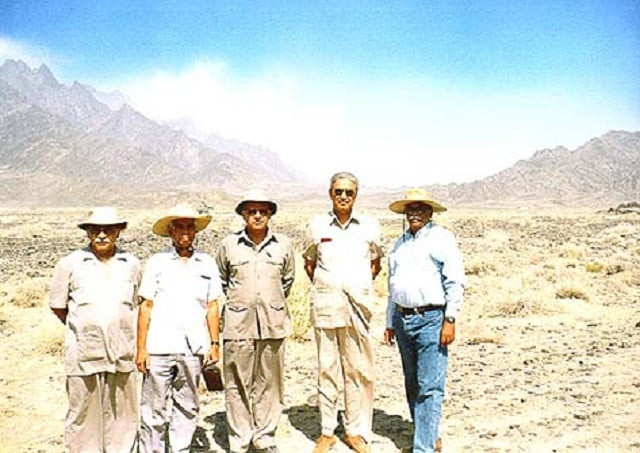
Twenty-three long years ago, on May 28, 1998, Pakistan announced that it had successfully conducted five nuclear tests.
23 years ago on this day, Pakistan restored balance of power in the region by successfully establishing credible minimum nuclear deterrence. AFs and the nation pays tribute to all those involved in making this dream come true. #YoumeTakbeer
— DG ISPR (@OfficialDGISPR) May 28, 2021
The Pakistan Atomic Energy Commission (PAEC) reported that the tests conducted on May 28 generated a seismic signal of 5.0 on the Richter scale, with a total yield of up to 40 KT.
Pakistan's nuclear weapons programme architect Dr Abdul Qadeer Khan claimed that one device was a boosted fission device and that the other four were sub-kiloton nuclear devices. Following this, on 30 May 1998, Pakistan tested yet another nuclear warhead with a reported yield of 12 kilotons.
Chagai-I:
The nuclear tests were performed at Ras Koh Hills in the Chagai district of Balochistan. Chagai-I was Pakistan's first public test of nuclear weapons. Its timing was a strategic response to India's second nuclear tests, on 11 and 13 May 1998.
The total number of claimed tests was six, with another device reportedly being left undetonated.
Socio-Political Climate:
As Pakistan became one of the nine states to possess nuclear weapons, it is pertinent to note that it came on the heels of India conducting its own nuclear tests.
Since the timing of Chagai-I was a strategic, yet direct response to India's second nuclear tests, it is argued that 28th May marks the day that prevented war between India and Pakistan
Operation Brasstacks:
Planned and executed by the Indian Army, Operation Brasstacks was a major combined arms military exercise of the Indian Armed Forces in the Rajasthan state of India, adjacent to the border with Pakistan. It took place in 1986.
While India claims that the operation was merely to test the new concepts in Indian warfare, over 600,000 Indian troops had been amassed near the border of Pakistan - which is precisely why many claims revolve around Operation Brasstacks not being a military exercise, but a scheme to build up the situation for a fourth war with Pakistan.
Timeline:
In December 1989, armed resistance to Indian rule in occupied Kashmir began with support from Pakistan. Then in April 1990, a crisis in the valley broke out as Indian military mobilisation threatened to incite war between India and Pakistan. Following this, in May 1998, India detonated five nuclear devices - and in response, Pakistan claimed six detonations, averting a full-scale India-Pakistan war.
Brief History of Pakistan's Nuclear Programme:
Pakistan's nuclear weapons programme was established in 1972 by Zulfiqar Ali Bhutto, who founded the programme while he was minister for fuel, power and natural resources, and later became president and prime minister. Shortly after the loss of East Pakistan in the 1971 war with India, Bhutto initiated the programme with a meeting of physicists and engineers at Multan in January 1972.
According to Pakistan's Nuclear Weapons Program archives, India's test created an untenable situation for then Prime Minister Mohammad Nawaz Sharif. In the wake of India's tests, Pakistan felt an urgent need to demonstrate its own prowess in a similar manner for many reasons - to deny India the unilateral technical advantage it might have gained from conducting tests and to revise the power dynamics between the two countries.
Pressure for test spanned the political spectrum from liberals like opposition leader Benazir Bhutto to the religious right. Bhutto reportedly went so far as to declare that "if there is the military capability to eliminate India's nuclear capacity, it should be used."

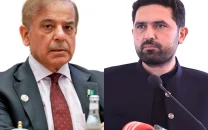


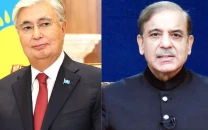
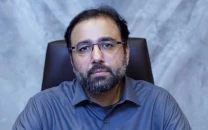
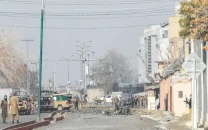












COMMENTS
Comments are moderated and generally will be posted if they are on-topic and not abusive.
For more information, please see our Comments FAQ